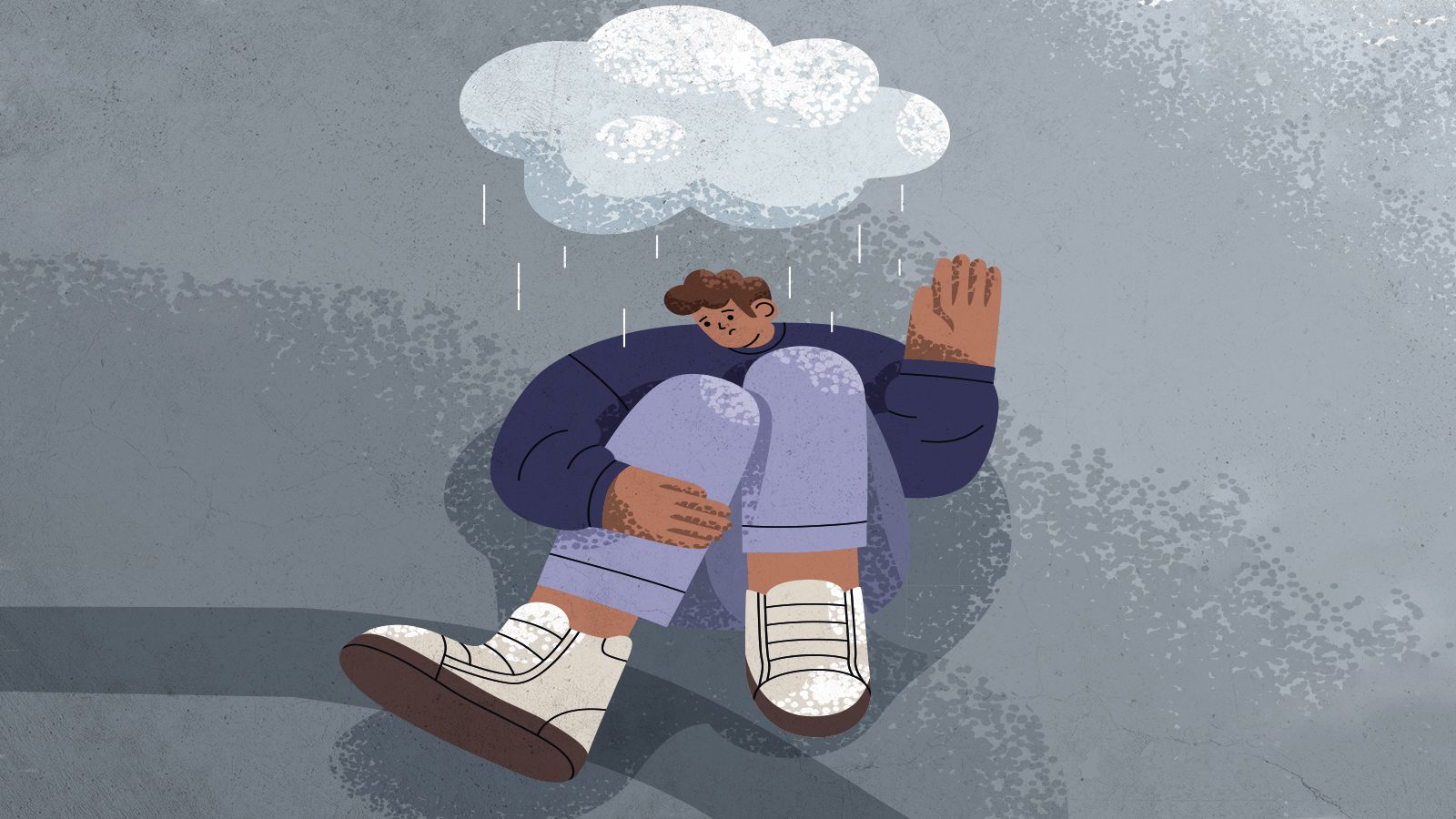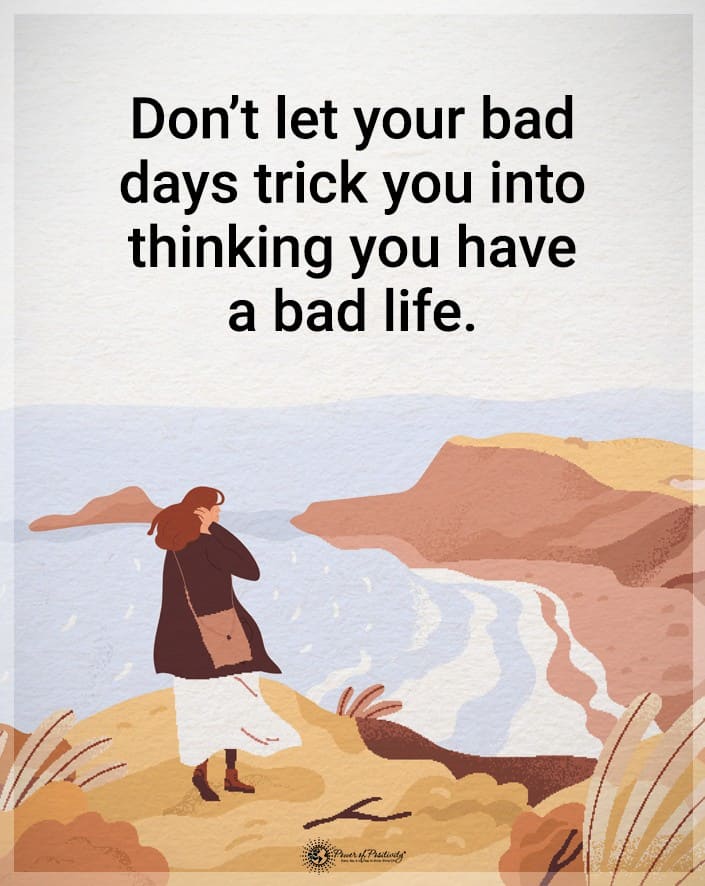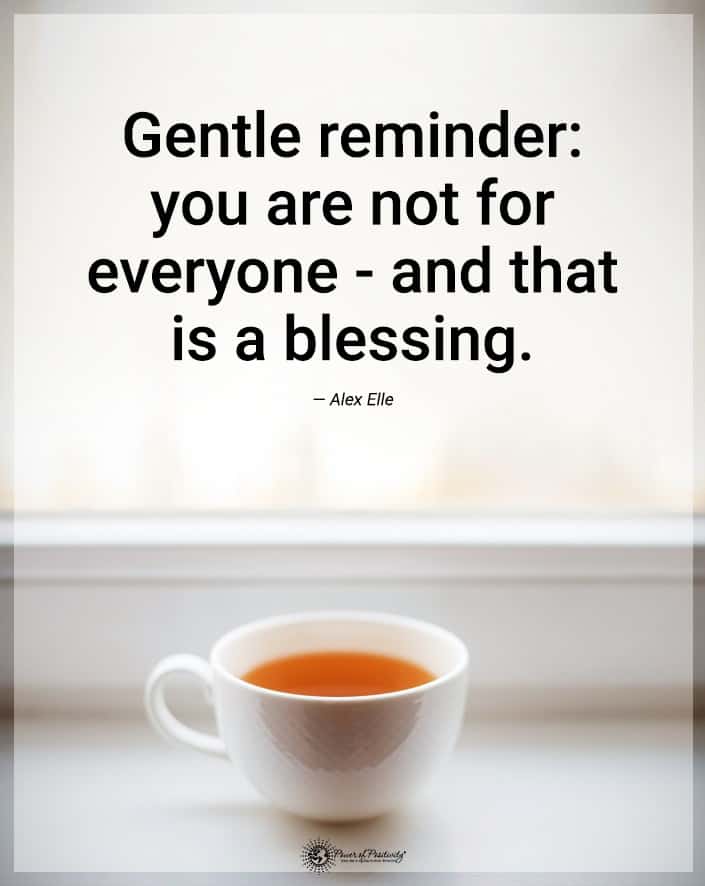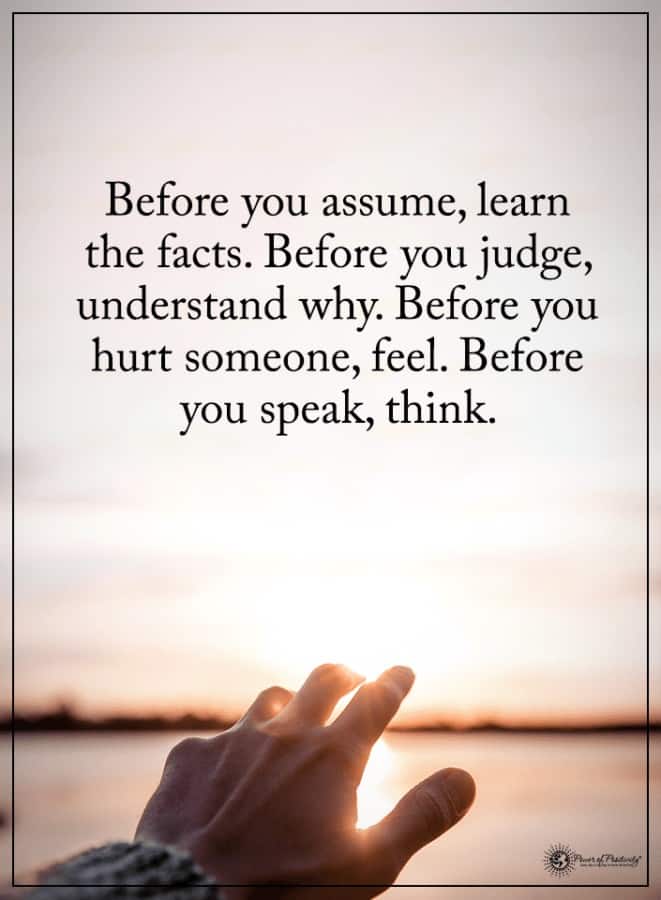Being rejected hurts! It can be devastating, or it can just sting, but the bottom line is that it’s painful. For some, being rejected can cause severe emotional reactions to the point of disrupting everyday life and damaged self-worth.
If you’ve recently faced rejection, you’re probably still dealing with some feelings related to that situation. But why does it sting so badly, and how can you get through it? Here are three reasons why rejection hurts and ways to cope with it in three methods.
Three Reasons Why Rejection Hurts
Here are the causes of that emotional pain.
1. It Triggers Genuine Pain Responses
On the surface, why does rejection hurt? Well, that’s because it’s meant to. The human mind and body naturally react in this manner to rejection. Here’s why and how:
· It’s a Physical Pain
Brain scans in studies have shown that when you experience rejection, the part of your brain that lights up is the same as activated when you feel physical pain. In other words, the reason that rejection hurts on a physical level, simply put, is because the brain feels it as physical pain!
· It’s Social Pain, Which Is More Vivid
Social pain is a different kind of pain than generic emotional pain, and rejection is a type of social pain. When you recall physical pain, your memories become less vivid and severe over time, leaving behind a mere conceptualization of the pain. But with social pain, your memory of it only becomes stronger and more vivid, meaning that you can re-experience rejection exaggeratedly even long after you’ve moved past it, even when put through a filter of positive thinking.
· It’s an Emotional Pain On A Deeper Level
Many people naturally feel a need to “belong” to a group of people or a social circle, which means that rejection hurts on a deep level. This feeling is a behavior rooted in human evolution. In ancient times, there was power in numbers, and being disconnected or rejected from a group of people could mean you wouldn’t be able to survive on your own.
· It Is Aggression, Turned Inwards
Rejection can indeed cause outward-turned aggression that makes you want to lash out at others, but that isn’t necessarily the case, and most of the time, that kind of aggression will be directed internally. You may become angry at yourself, which worsens emotional pain because even you are mad at yourself. The American Psychological Association explains that even mild rejections can lead to heightened levels of aggression, based on previous research.
2. It Is Unreasonable
Rejection’s ensuing emotions, by nature, are not inherently wise. They are unreasonable and will not be an accurate reflection of reality in any way, shape, or form. This is because rejection causes these outcomes:
- Temporarily reduces your IQ levels
- It worsens your short-term memory
- Makes it hard to solve problems
- Cannot respond to any reason
- It does not create logical emotions
What does this mean? Well, essentially, rejection hurts because it isn’t something you can reason with. Your emotions following rejection are always going to be irrational, which can make comprehending those feelings so much harder.
3. It Turns You Against Yourself
You are your own worst enemy. You are armed with all the knowledge of your worst moments, your biggest failures, and all of your flaws. And when you are on the receiving end of rejection, you feel inadequate – and you are the only one who truly knows how to push your buttons.
You know your genuine flaws, and you know your insecurities off the top of your head. And when rejection hits you, you can use every single bit of knowledge you have about yourself to destroy your self-esteem. You become filled with self-loathing, and you think about all the reasons you weren’t good enough to be accepted. You blame yourself, you point out the ways you weren’t sufficient, and you beat yourself up. No wonder rejection hurts!
Three Ways To Cope With Rejection
How do you overcome these negative feelings? Try these things.
1. Acknowledge The Inner Turmoil
To cope with something, you have to acknowledge that it exists. Some people falsely believe that the best way to manage a problematic emotion is by pretending it’s not there, but that’s primarily counterproductive. This is even more true for feelings like those stemming from rejection, which is easy to dismiss as “irrational” even though they’re perfectly reasonable and valid. Here are some ways you’ll need to acknowledge the turmoil from rejection:
· Allow Yourself To Feel
It’s tempting to repress your emotions when you’re feeling the painful string of rejection. But studies show that emotional repression will only make the emotions in question stronger, so don’t bottle up those feelings, even if it’s hard. It would help if you experienced the full sweep of your emotions to allow yourself to process them and let them pass naturally. So create space for yourself to experience the emotions involved with rejection.
· Acknowledge Your Emotions
Now that you’re allowing the feelings to sweep over you, it’s time to acknowledge and pay attention to them. Trying to ignore how you’re feeling is just repression again! You don’t have to react to what you think – be an observer, like a witness on the outside looking in. Look carefully at how you feel and allow your mental strength to fill you with the ability to tackle the discomfort and pain face-first. Don’t invalidate, minimize, maximize or catastrophize – watch and acknowledge them as they are.
· Let Yourself Grieve, If Applicable
Not all forms of rejection involve the necessity of grieving, but more severe forms can be so painful that you do experience grief. This may be from losing out on a vast promotion you wanted, receiving a scathing rejection from a potential employer, or even from being rejected by a partner or romantic interest. It is okay to need a while to process the loss that stems from the rejection and goes through all the stages of grief in the process.
Trying to resist will only prolong the process, so allow yourself a day or two to fully grieve before you start to pick yourself up again. As time passes, the grief will lessen, and you’ll be on your way to acceptance and recovery. If you need to, you can cry, go to therapy, write in a journal, and even say goodbye to what was lost in your unique way.
2. Be Kind To Yourself
Rejection can fill you with self-loathing. After all, you’ve been turned away, as if you weren’t good enough, and it’s tough not to see things that way. But to cope with the complex emotions of rejection, you need to be kind to yourself first. Without the necessary positive thinking, all the harsh thoughts that surround rejection can worsen. Here are some tips for being kind to yourself so you can better cope with rejection:
· Remember Your Positive Traits
In the heat of the self-loathing that can spawn from rejection, you may have forgotten a lot of good things about yourself. Resist those negative thoughts by actively listing the things you like about yourself. You can even write them down in a list if that will help!
· Do Not Allow Self-Criticism
Self-criticism is entirely unhelpful as you cope with rejection. Do not tolerate personal negativity for even a second. It would help if you were on your side to manage your current emotions best. The second you think something negative about yourself, counter it with positive thinking, respond with values you like about yourself and compassion. It can be helpful to treat yourself as you would treat a friend in this situation, as we are often harshest on ourselves.
· Don’t Blame Yourself
There are tons of different factors that could have caused a rejection, and a lot of them aren’t things you should take the blame for. Rejection isn’t a reflection of your value, nor is it a sign that you’re doing something “wrong.” There are situations where rejection may have stemmed from some of your actions, but even then, blaming yourself while you try to cope is not going to be helpful. Taking responsibility does not involve blaming yourself and beating yourself up, especially since the rejection has already “righted” the worst of any wrong you may have done!
· Use Self-Care
Self-care should be a part of your routine, but as you try to cope with rejection, it’s even more critical. Ensure you eat enough, sleep enough, and even get a little bit of exercise if possible. Don’t forget to treat yourself, give yourself some me-time to unwind, and indulge in your favorite things and hobbies, too.
3. Grow From Rejection
Sometimes, the best way to cope with negative emotions – including those stemming from rejection – is by moving forward with positive thinking. That’s easier said than done, but one of the most transparent ways to do this is by finding ways to improve from experience actively. By taking growth into your hands, you’ll find your footing and control again so you can leave the rejection behind. Here is how to do so:
· Learn From The Rejection
Instead of feeling powerless in the face of rejection, take the reins in the one way you can. Find the lesson in the rejection and learn it. What did you gain from experience? What lessons did you learn? How can you improve your chances of future acceptance in similar circumstances? Did you genuinely desire what you sought here? The wisdom you can gain from here can be empowering and help you cope positively!
· View It As Proof Of Your Efforts
Rejection only happens when you make an effort and try to be accepted. When you’re rejected, think of it as a sign that you’re moving forward in your life and are pushing the limits. You weren’t sufficiently prepared this time? Well, that means that you impressively challenged yourself! Take the strength from that knowledge and move forward.
· Don’t Let It Define You
Rejection is a single event, and it’s not meant to define your future beyond the current moment. It is also not a representation of you or who you are as a person. Don’t fall into the trap of making a lot of generalizations about yourself based on rejection. You aren’t incompetent because you didn’t get a job, you’re not unloveable because you were turned down for a date, and you aren’t unworthy because you were rejected. Keep things in a healthy perspective.
Final Thoughts On Why Rejection Hurts And How To Cope With It
Rejection is, sadly, a compulsory part of life. No one will be able to live a full life without also facing rejection now and then. Understanding its mechanisms and learning to cope with it will allow you to manage emotions from such a situation positively.



















